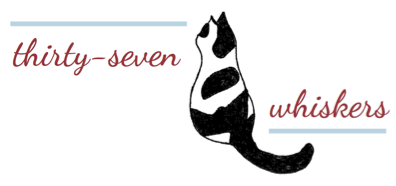Carl Dennis, The New Yorker, 4.8.16
Two Lives
In my other life the B-17 my father is piloting
Is shot down over Normandy
And my mother raises her sons alone
On her widow's pension and on what she earns
As a nurse at the local hospital, a sum
That pays for a third-floor walkup
In a neighborhood that's seen better days.
I play stickball after school in the lot
Behind the laundry. I come home bruised
From fistfights and snowball fights
With boys who live in the tenement on the corner.
Not once do I play with the boy I am
In this life, whose father, too old for the draft,
Starts a paint company in a rented basement
Which almost goes under after a year
And then is saved, as the war continues,
By a steady flow of government contracts
That allows my mother to retire from nursing
And devote herself to work with the poor.
I find our quiet neighborhood of handsome houses
And shady streets crushingly uneventful.
No surprise I spend hours each day turning the pages
Of stories about trolls, wizards, giants,
Wandering knights, and captive princesses.
In my other life, I have to leave high school
To bolster the family income as lab boy
In the building attached to the factory that in this life
My father owns. I clean test tubes and beakers,
With a break for stacking cans on the loading dock
Or driving the truck to make deliveries.
In this life it takes only one summer
Of work at the office, addressing announcements
Of a coating tougher than any made by competitors,
To decide that the real world, so called,
Is overrated, compared to the world of novels,
Where every incident is freighted with implications
For distinguishing apparent success from actual.
No wonder I'm leaning toward a profession
Where people can earn a living by talking
In class about books they love. Meanwhile,
In my other life, after helping to bring the union
To a non-union shop, I rise in the ranks
To become shop steward, and then,
Helped by a union scholarship,
I earn a degree in labor law.
I bring home casebooks on weekends
To the very block where I happen to live
Ensconced in this life, here in a gray-green house
With dark-brown trim. If I don't answer the bell
On weekends in summer, I'm in the garden
Strolling the shady path between the maples,
Musing on the difference between a life
Deficient in incident and a life uncluttered.
Seated at a patio table, I write a letter
Asking a friend what book has he read
In the last few months that has opened his eyes
On a subject that's likely to interest me.
Meanwhile, across the street, in the garden
Of my other life, I can often be found
Hoeing the rutabaga and beans and cabbage
That I plan to share with neighbors in the hope of planting
The seeds of communal feelings more hardy
Than any known to sprout here before.
It won't be long till I knock at the door of the house
Where in this life I'm at my desk preparing a class
On the solitude in the novels of the Romantics.
Do I say to myself it's one more stranger
Eager to sell me something or make a convert,
Or do I go down to see who's there?
